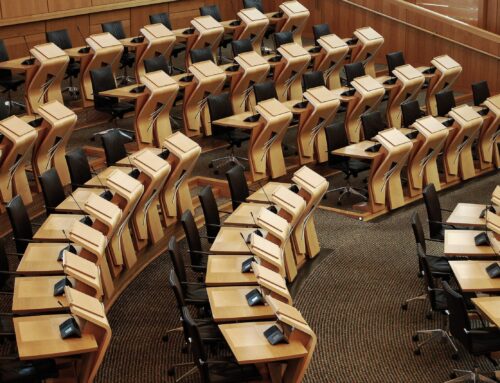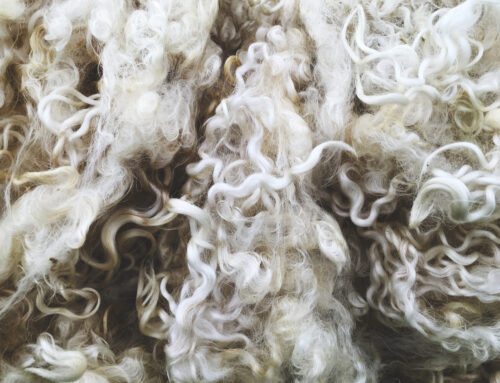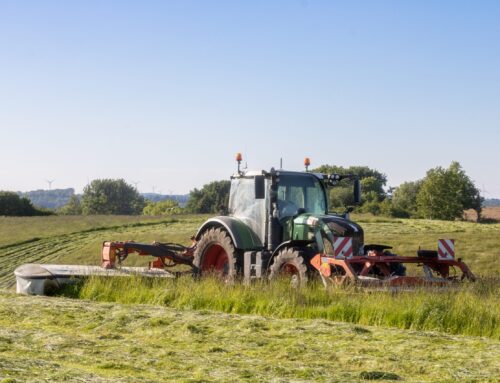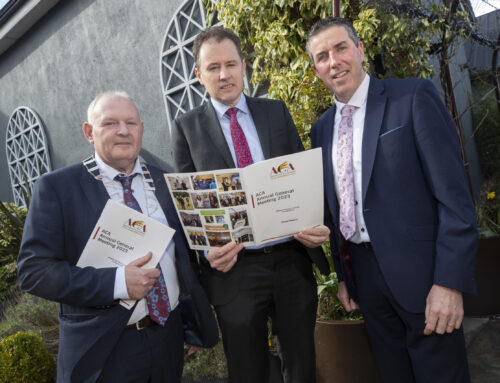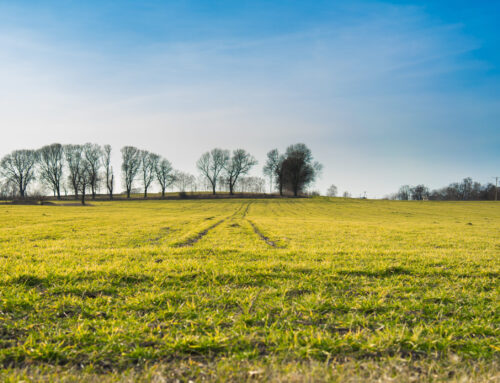It was in November that Minister of State at the Department of Agriculture, Food and the Marine (DAFM), Martin Heydon speaking at the 2022 National Potato Conference told attendees that the industry can look forward to a sustainable future. This evening, March 15, a national meeting of potato farmers will discuss the growing concerns around our sector, as many growers continue to leave the sector. Agri Insider spoke with Seán Ryan, Chair of the Irish Farmers Association Potato Committee and Michael Hoey, President of the Irish Potato Federation to get their take on the sector’s issues.
Background
The IFA have come out recently to say that there ‘will’ be an exodus of potato farmers with factors such as land rental, fuel and storage costs particularly leaning on farmers in recent times. According to Teagasc, Irish potato production has decreased from 332,000 hectares in 1850 to just over 9,000 hectares, while the CSO figures for 2022 show just over 8,000 hectares in potato production. Potato farms have experienced significant challenges around labour availability and seed availability (due to Brexit), all which have impacted their production cost base.
Interestingly, a reduction in the number of growers over the past two decades, the level of output has remained broadly constant according to a 2022 KPMG report ‘Opportunities for the Irish horticulture sector’. That report also revealed that there are around 700 potato growers in Ireland with about 300 larger commercial farms in Ireland today
What’s the problem?
Seán Ryan said: The main reason that growers are sitting on the fence about whether to plant or not is that energy costs are crippling growers, they’re paying up to 59 cent per unit to keep potatoes up to the high spec that supermarkets want for the rest of the season. Growers are exporting potatoes to Portugal, Holland and the Netherlands. This very seldom happens, but they’re doing it just to be able to turn off their cold rooms.
“Fertiliser, land rental, transport, packaging and labour costs have all gone up also, but potato prices have only increased by 2 per cent from last year. Most other commodity prices have gone up over 20%. If supermarkets don’t soon wake up to what’s happening, we will lose growers like the veg sector.”
Commenting on the price issue, Michael Hoey said: “Everyone is struggling with costs. Produce is probably too cheap in the supermarkets. It’s much more apparent in the vegetable sector where prices have been too low and people have been getting out of the sector but market forces dictate prices.”
Government Action
Yesterday, the Minister for Agriculture, Food and the Marine Charlie McConalogue T.D., announced the opening of the 2023 Scheme of Investment Aid for the Seed Potato and Chipping Potato Sector worth €3.1 million. This is to address the issues in the sector in relation to our dependency on seed potatoes, where approximately 4,000t of seed potato previously supplied by the UK, as of January 1st 2021, can no longer be imported into Ireland. Ireland imports approximately 64,000 tonnes of potatoes from the UK also with most of these fresh potato imports being used by chip shop owners.
The scheme will aid improvements in the production, storage and marketing infrastructure of seed and chipping potatoes by providing grant assistance to producers towards the capital cost of specialized equipment and facilities according to the DAFM.
Michael Hoey welcomed the development, but said: “It needs direction to allow the Irish growers grow the seed, anything that can make that happen is definitely welcome because if we don’t have good seed and high grade seed we can’t have a potato industry. The fact that we’re not allowed to take the seed out of Scotland any longer, there needs to be a sense of urgency on that.”
Outlook for the sector
The sustainability of the sector is a priority for growers and the wider agri-food sector as a whole but there are many long-term challenges and immediate concerns to negotiate. Michael Hoey said: “I always use the scenario of the conveyor belt as people fall off that belt like the elderly generation, they were the people eating huge quantities of potatoes. Young people don’t eat the same amount which we did in Ireland. You have that contraction of the sector coming in where people are buying smaller packs and less of them per week.
“We have an uphill struggle with the potato going forward in consumption terms. We need more promotion to promote, advertise and tell the general public how good the potato is. I think the IFA need really to get behind that. That is the most important thing that needs to be done.”
Speaking on the immediate concerns ahead of the IFA’s national meeting tonight, Seán Ryan concluded: “We need to send out a clear message to supermarkets from tonight’s meeting that growers have to get a price increase and get paid monthly for their cold storage costs and that if this doesn’t happen, they will be taking down pictures of growers in their stores as they won’t be in business.”

